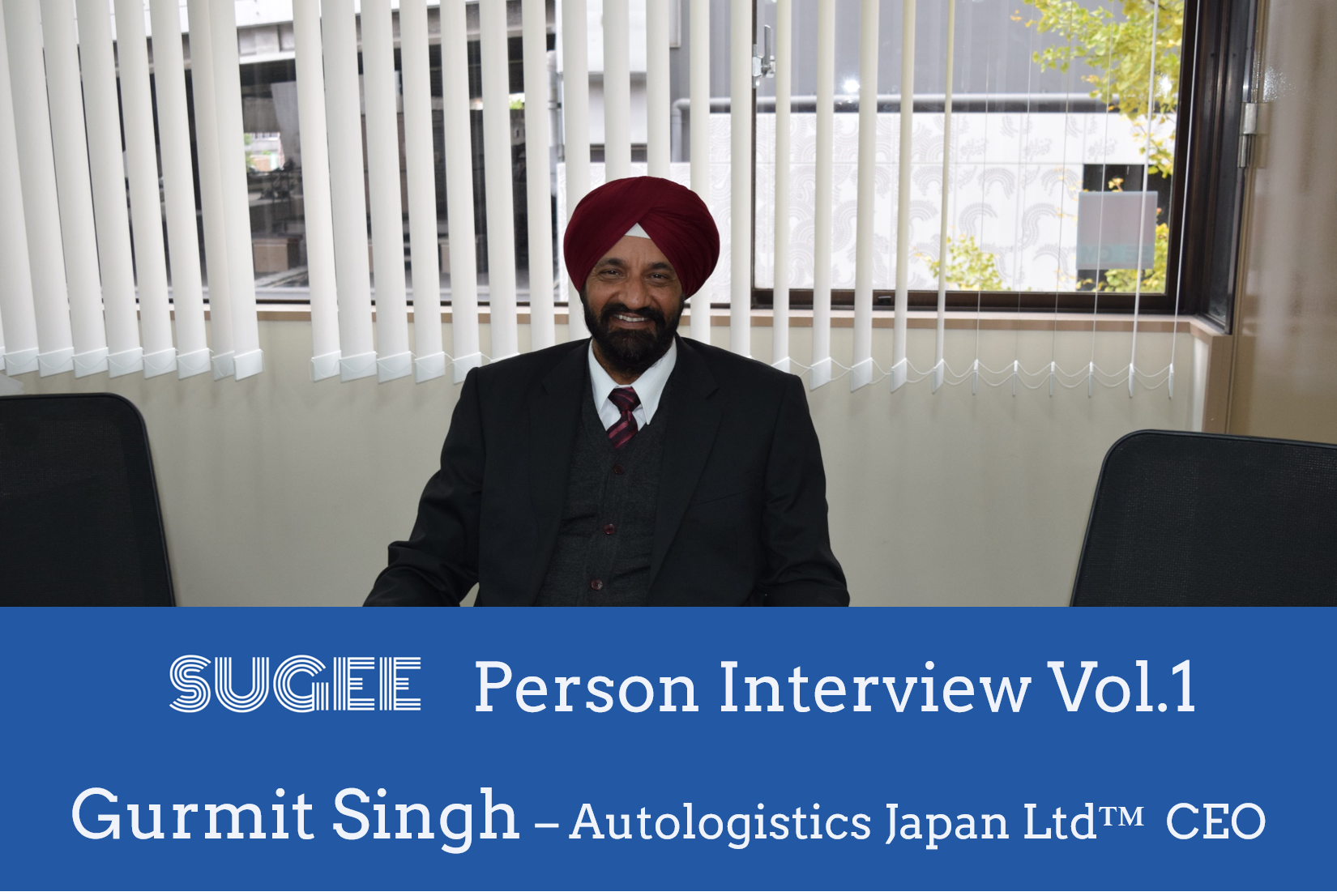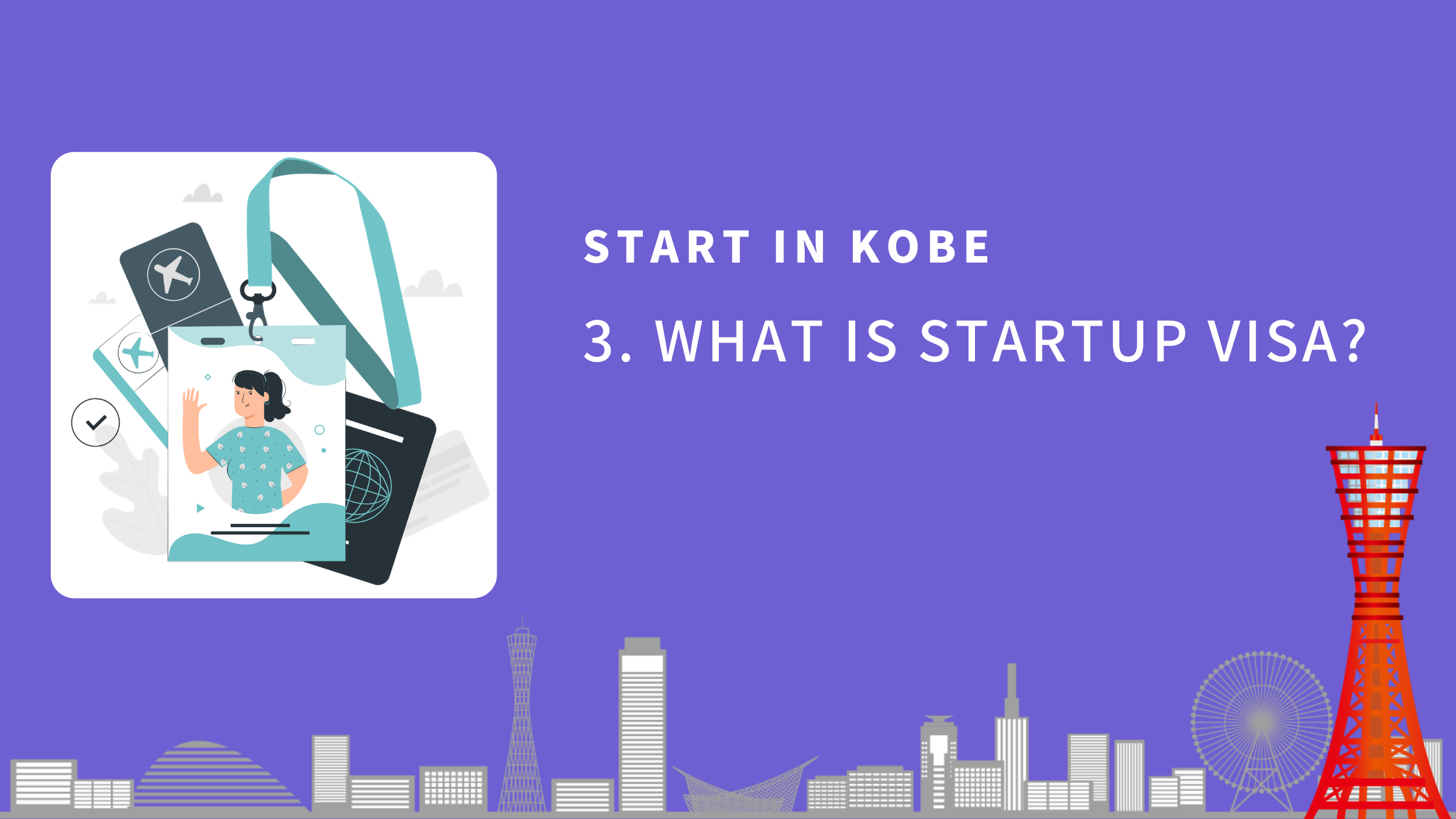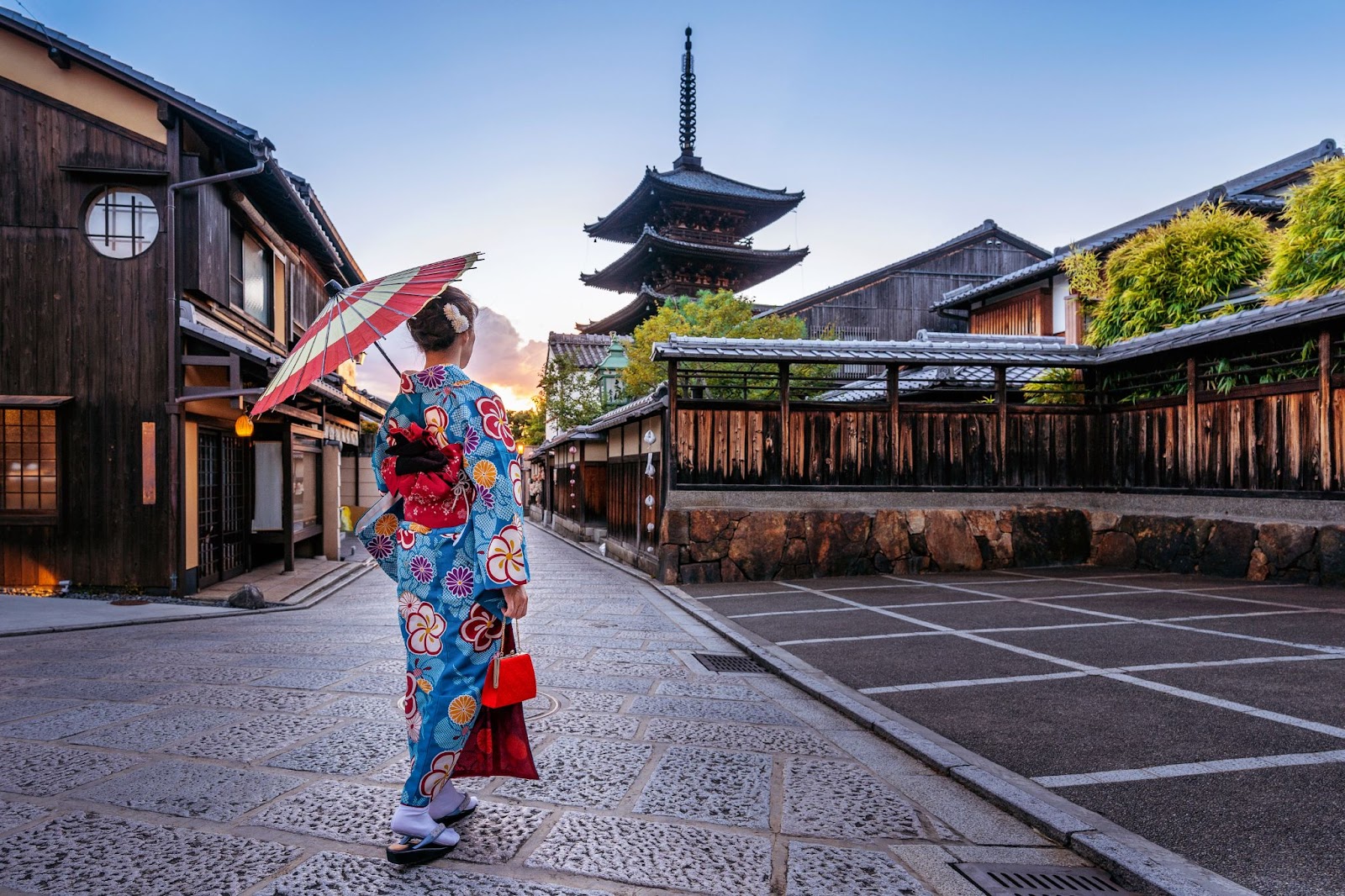Gurmit Singh
From Delhi, India. After working with American Express and a UNFPA(United Nations) project in India, he came to Japan in 1992 as a trainee with Mitsubishi Heavy Industries (MHI). He established Five K International Ltd in 1998, Autologistics Japan Ltd in 2003, and Japan Trucking Co., Ltd in 2015. Later on all three companies were merged into one company, to provide a one-stop logistics service for exporters of used cars in Japan.
How did you first come to Japan ?
In 1992, I was selected for a one year internship at Mitsubishi Heavy Industries (MHI), Nagasaki, through an international management traineeship exchange program run by AIESEC (A French acronym for “International Association of Students in Economics and Management”)
Could you tell us about why and how you started your business in Japan?
After finishing my traineeship in Nagasaki, I was sent to work in the international trading division of a subsidiary company of MHI based in Port Island, Kobe. The initial plan was to get valuable work experience for a couple of years in Japan and then go for my MBA to the US. However, all that changed when the *Great Hanshin Earthquake struck Kobe in 1995.
It was a surreal experience for me as it changed my thought process and made me realize the fragility of life. I realized that if I wanted to fulfill my dreams, the sooner I started on this journey the better.
I moved to Fukuoka as I had friends from MHI who offered to introduce me to people who could help with the paperwork required to set up a company. I started my business with the export of used machinery, cars , engines, generators, outboard engines, tires and motorcycles. I even helped form joint ventures between Japanese and Indian companies.
Soon, we chiseled our business and focused only on the export of Japanese vehicles. As the supply chain logistics services for the export of used vehicles out of Kyushu was not mature compared to other parts of Japan, we decided to enter this area after we were given an official Customs Clearing license by Japan Customs in 2004. Since then, Autologistics Japan Ltd (ATL), has been providing various logistics services for exporters of used vehicles. Today, ATL has grown to a staff of approximately 100 people (70 in Japan and 30 overseas) with over 12 nationalities working together. With headquarters in Honmachi, Osaka, and through branches in Hakata, Nagoya, Izumiotsu, Yokohama, New Delhi (India), Mombasa (Kenya) and Durban (South Africa), ATL strives to provide a ‘One Stop Logistics Solutions’ for dealers of used vehicles all over the world’.
*The Great Hanshin/Awaji Earthquake struck Japan at dawn on January 17, 1995. It was one of the worst natural disasters Japan has experienced to date. There were over 5,000 casualties, and up to 4 million people who suffered loss or injury from this tragic upheaval, including many foreign nationals residing in the area.
“Ministry of Foreign Affairs of Japan | The State of Recovery Following the Great Hanshin/Awaji Earthquake”
Did you always want to start your own business?
As I come from a family of professionals rather than business owners, higher education was always given lot of importance. Despite of having a Bachelors and Masters degree in Economics, I always wanted to do an MBA in the U.S. This way, I could work professionally in multinational corporations in different countries. Having my own company was always a dream of mine, and it was something I hoped to try after getting more work experience. However, there was always a huge fear of failure attached to the idea, since there was no one to guide me in the process.
What did you care when you started a business?
It was all about creating value. I knew that if I could find ways to add value for our customers, they would be ready to pay for it. That was and still is, our basic mindset.
What did you struggle with when starting a business in Japan?
The hardest thing about starting your company in Japan compared to doing it in your own country, is the language barrier, lack of funds and not having a network of people to consult when one needs help the most. However, I think the environment in Japan has become relatively easier for foreigners to start a business, compared to that of 22 years ago, as so much information is now available online.
What do you think is important for conducting your own business?
Starting a business from scratch is like a rollercoaster ride, where one experiences the daily highs and lows of business. During this journey one needs to stay positive, not give up when times get tough, and always be open to new ideas and opportunities that come up.
I think your company is so global with multinational employees. What is the difficult point for managing it?
When people work together from different cultures and nationalities, there are always bound to be some misunderstandings even with the best of intentions. I firmly believe that we must respect the differences in the cultures and beliefs of all backgrounds and value systems. The key to success is to constantly seek the commonalities across cultures and use this to unite people into a team to pursue the common goals of the company.
How do you see your business going forward?
Our business model of providing complete logistics solutions is not going to change. However, to achieve our objective, we need to digitize and re-architect our business operation model to provide seamlessly integrated logistics services platform for our customers.
Lastly, please give a message to future entrepreneurs from abroad.
Don’t wait for an earthquake to start following your dreams. Japan is an amazing country. Go for it !
This interview was held on December 6, 2019
Interviewer and Writer: Satoshi Ono, a SUGEE writer



